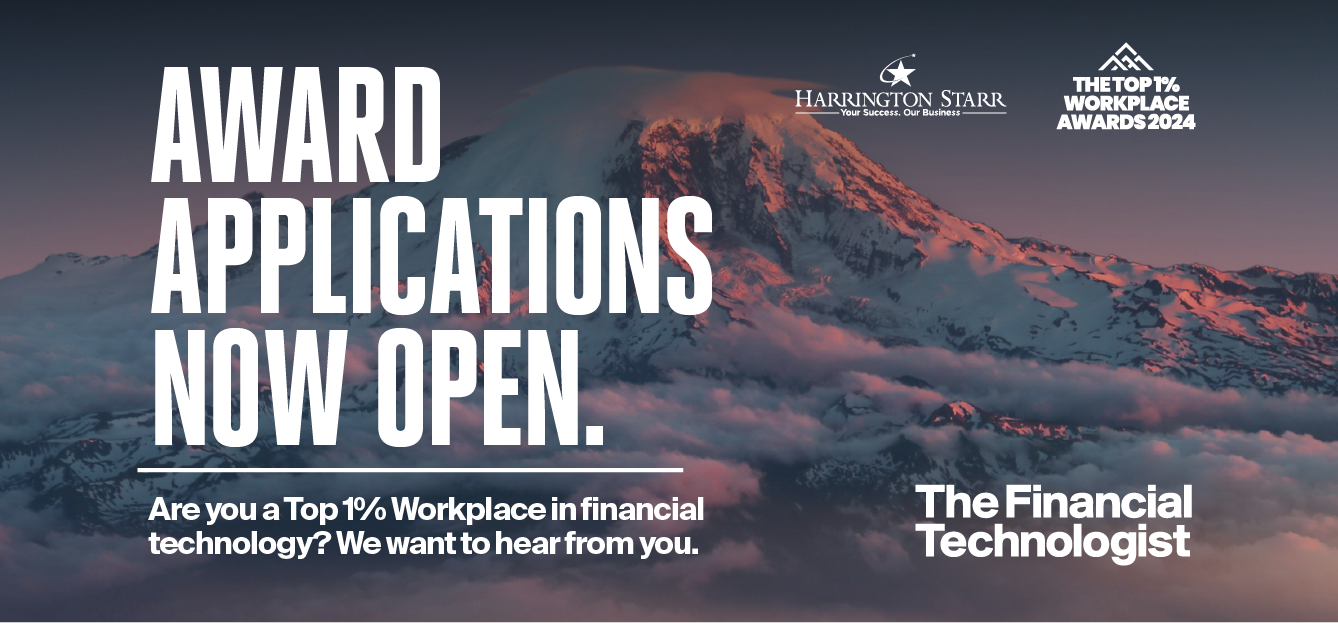Artificial Intelligence (AI) is no longer a futuristic concept. It is embedded in our daily lives. From our smartphones to our workplaces, AI has become an omnipresent force driving innovation and growth in the fintech industry and other sectors. However, as we navigate the ‘GenAI’ era, we must also confront the uncomfortable truth: AI systems, despite their potential, can mirror our own biases. These biases can inadvertently amplify existing systemic prejudices, leading to disproportionate and unfair outcomes for minority populations.
Understanding AI Bias
AI bias isn’t an abstract idea; it’s a concrete issue with discernible causes and impacts. It arises when an algorithm is influenced by flawed assumptions during the machine learning process and produces prejudiced results. In the financial services sector, this could mean unfair loan denials or higher insurance premiums for certain demographic groups.
Real-World Examples of AI Bias
AI bias has manifested in several real-world scenarios, negatively affecting minority groups:
• Job Applications: Amazon’s resume-reviewing programmediscriminated against women for technical roles in 2015.
• Facial Recognition: San Francisco banned facial recognition in 2019 due to its inaccuracies with dark-skinned individuals and women.
• Housing: AI tools have been implicated in housing discrimination, affecting tenant selection and mortgage qualifications.
• Hiring and Lending: AI has perpetuated bias in hiring processes and financial lending.
• Healthcare: Technological advancements intended to benefit all patients have inadvertently deepened healthcare disparities for people of color.
These examples highlight the urgent need for measures to address AI bias in order to ensure fairness and equity.The implications of AI bias in financial services are far-reaching. It can perpetuate existing inequalities, undermine trust in financial institutions, and even lead to regulatory scrutiny.
The Role of Humans in AI Bias
As humans, we are both the source and the solution to AI bias. Our biases can seep into the AI systems we design and train. The AI system then learns from the data and replicates these biases.
However, humans are also responsible for ensuring responsible and ethical AI practices. This is because we design and control these AI systems. We decide what data they are trained on, how they are used, and how their recommendations are implemented.
In other words, while we may unconsciously introduce bias into AI systems, we also have the power to recognise and correct this bias.
Steps Towards Eliminating AI Bias
• Education & Transparency: We don’t know what we don’t know and that can be the source of fear for many people. Help increase the understanding of AI and its implications by providing ongoing education for your people and sharing how you are using AI in your organizations. AI systems should be transparent and their decisions explainable. This builds trust not only in your people but in your customer base as well.
• Diverse Data & Diverse Teams: Use diverse and inclusive data sets, including data from all demographic groups and ensure that minority populations are adequately represented. And the same goes for your teams, it’s imperative that a diverse range of voices are included in discussions about AI and its governance to ensure that the benefits of AI are shared widely, and potential harms are anticipated and mitigated.
• Monitoring & Regulation: Implement regular auditing and continuous monitoring of AI systems to detect any patterns of prejudice or discrimination. And more importantly, enforce regulations to prevent misuse of AI, address bias and discrimination, and penalise those that fail to address these issues.
By taking these steps, we can help shape a future where GenAI is used responsibly and ethically.
As we usher in the era of GenAI, it’s crucial to remember that we, as humans, have a responsibility to ensure our AI systems embody fairness, ethics, and responsibility as much as they do innovation. By being intentional and taking proactive steps to eliminate AI bias, we can prevent our past human shortcomings from being perpetuated. It is essential that our technologies reflect our most deeply held values keeping diversity, equity and inclusion at the forefront.
Read more articles like this in The Financial Technologist. Download your free copy here.
